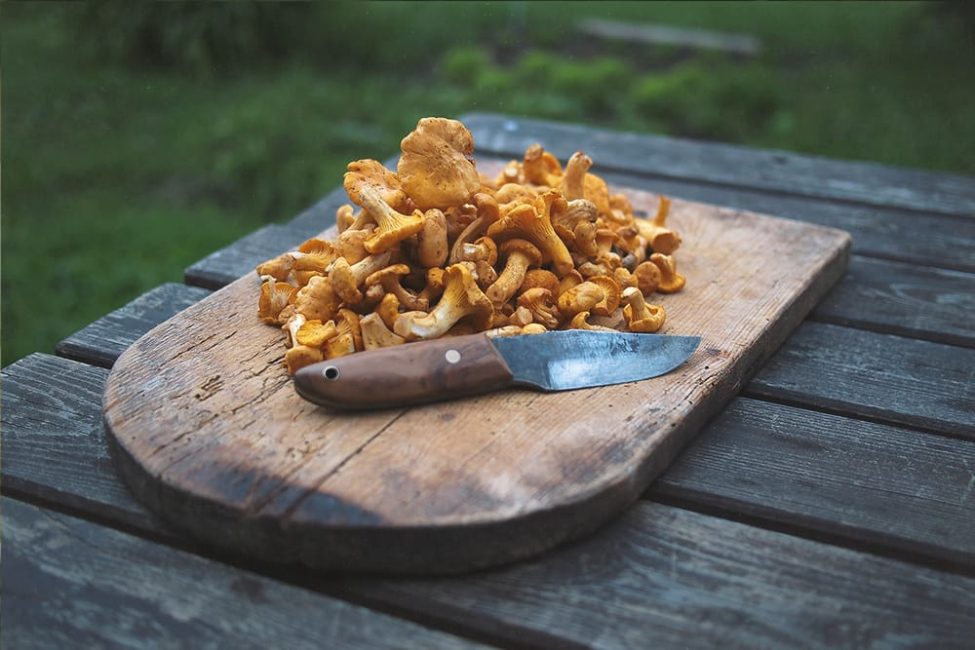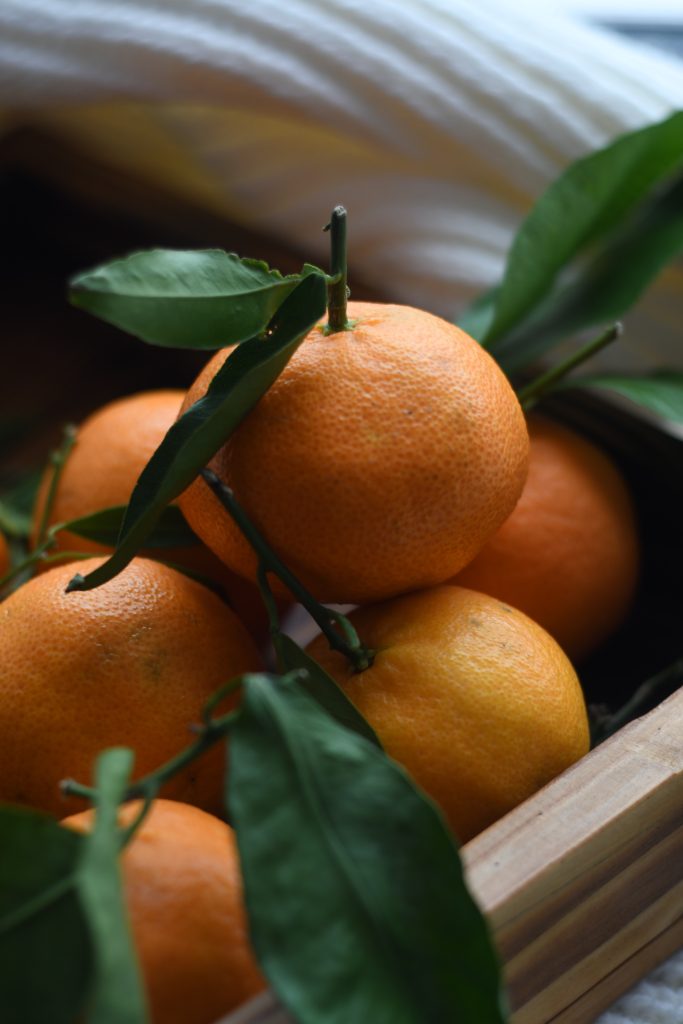Why eat seasonal food?
When a plant is left to ripen within its natural cycle it grows to be more dense in nutrients, and this is when the food is at its most potent and available to your body. By eating in season you are also helping to lower food miles (the journey the food takes from production to your home), which in turn has a positive impact on the environment, whilst supporting you with a variable and rich diet.
The industrialised food system uses ripening agents, chemicals, gasses and heat processes to ripen raw ingredients out of season. I once taught foraging at a community farm in Sussex to a man who worked on a large scale, non-organic commercial salad farm. As we were walking around picking wild plants, he turned to me and said if you knew what they did to the leaves in an ordinary supermarket salad bag, you would never eat one again… And so I never did! It spoke volumes to me that this man was volunteering at an organic CSA, and doing a foraging walk in order to learn about obtaining his own fresh food.
Aside from the health and environmental concerns I have for the industrial ripening methods, there are also pragmatic reasons for eating in season. Firstly, you will find that at certain times of year, (for example in the spring), your local farm shop will overflow with spinach, salad leaves, and other delicious greens. At the time of year when these foods are naturally ready, they will be at their most delicious, best quality and also cheapest. It takes a little while to get to know the ropes, but you can find ways to navigate a farm shop with skill and a budget if you’re aware of what is in season when. Veg boxes cut the need for getting wise to seasonality, as a good one will just send you what is ready on the farm.
Seasonal Ingredients: Only One Piece of The Puzzle
Once, when I was living and growing food at Tinkers Bubble Community, I designed a meal I was really proud of, and excitedly went back to Kingston Upon Thames where my parents lived to share it with them. I went to the market, bought all the same ingredients and prepared the meal in the same way, but it tasted so bland. Sadly, even though the ingredients were in season, the vegetables I bought in the market were imported and not organic. The lesson I learnt was that unless I knew where things were coming from, then eating food at the right time of year might not yield the results I hoped for. This goes to show that it’s not just a question of eating what’s in season, it’s also important to find out who is producing what closest to you, and buy what is in season from them.
Parents: It’s OK To Cheat a Little and Bring In Some Play!
It is hard to stick to principles such as seasonality when you have a child who will only eat frozen peas. Although it’s cheating a bit, I do things like blanche and freeze the beans from our garden, and we eat them for three months at least. My advice is always not to be too hard on yourself, as parenting is hard enough. It can be fun to explore the edge and weave in some new seasonal ingredients gradually.
I have been known to add puréed nettles to a madeira cake mix, and my daughter loved it! Find different ways to get your kids familiar with seasonal food: allow your one year old to play with a leaf of lettuce you grew, or your five year old to raid the green-house when you get your first tomatoes, or climb a local apple tree to scrump a couple of apples.
It’s so naturally ingrained in us to always seek out the best, and the best really is what is perfectly ripe. I’m always in awe of how very sweet a cucumber can be when it’s at perfection. If you live in London and don’t grow your own food, taking your family to pick fruit and vegetables at a community farm can be a great way to go, helping out makes for a great activity as well as educational.






